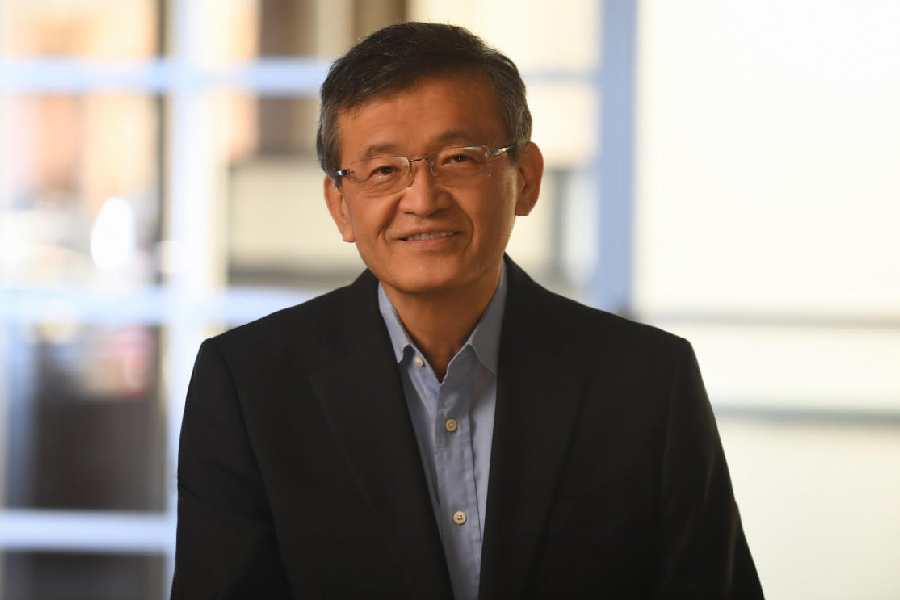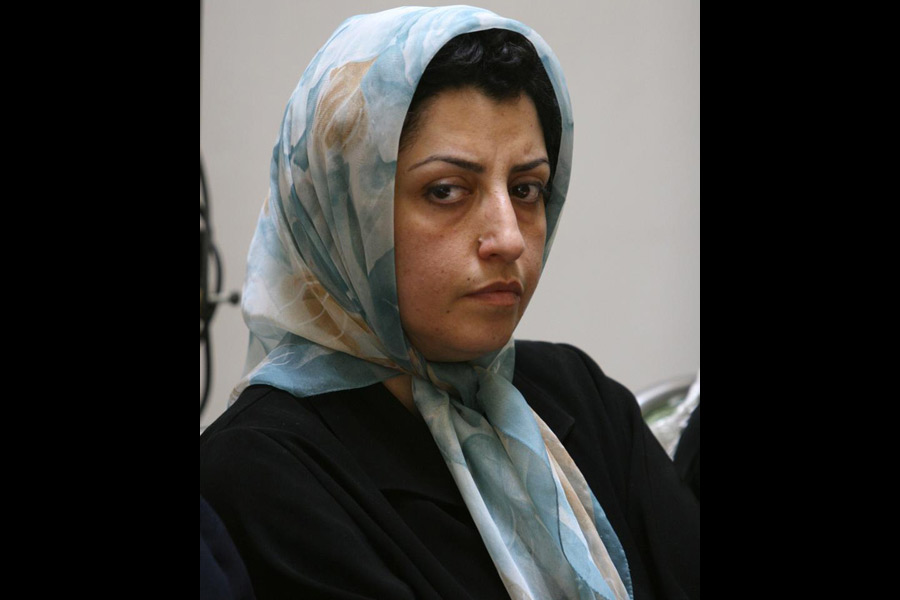Struggling chipmaker Intel has appointed former board member Tan Lip-Bu as its next CEO at a time when the US seeks to shape up domestic manufacturing to take on China.
The Malaysia-born chip industry veteran is taking on the role when the one-time industry leader is falling behind most of its rivals and US President Donald Trump, during his speech to Congress last week, told speaker Mike Johnson: “You should get rid of the CHIP Act.”
The bipartisan law, which former President Joe Biden signed in 2022, provides over $50 billion in subsidies to help companies build new computer chip factories and research facilities in the US.
Intel was given $8.5 billion in federal funding to build plants in Arizona, Ohio and New Mexico.
Besides Intel, Samsung, Taiwan Semiconductor Manufacturing Company (popularly known as TSMC) and Micron have pledged to invest billions of dollars in US chip-making facilities. Earlier this month, TSMC agreed to boost its US investment by $100 billion, building five new “cutting edge” fabrication plants on American soil.
Further, Intel Foundry — the manufacturing arm to make chips for other companies, besides its own — continues to attract attention from outsiders, especially TSMC. Earlier this week, Reuters reported that the Taiwanese chip giant is seeking allies to join a bid to buy and operate Intel’s fabrication plants.
Under ousted CEO Pat Gelsinger, Intel drained billions of dollars, trying to regain its technological edge over competitor TSMC. Intel’s chip design business has fallen behind in addressing demand for data centre chips that power artificial intelligence, with Nvidia and AMD establishing a lead.
In a letter to company employees, Lip-Bu wrote: “In many ways, we are the founders of ‘The New Intel’.”
Born in Muar, Malaysia, Lip-Bu was raised in Singapore and attended Massachusetts Institute of Technology, securing a master’s degree in nuclear engineering.
Before joining Intel’s board in 2022, he was CEO of Cadence Design Systems, a dominant maker of software used in designing chips. He quit Intel’s board in August last year in an apparent disagreement over the direction of the company under then-CEO Gelsinger.
The chip sector was a darling of the stock market, riding a wave of enthusiasm for AI, until Trump started pursuing new tariffs.










